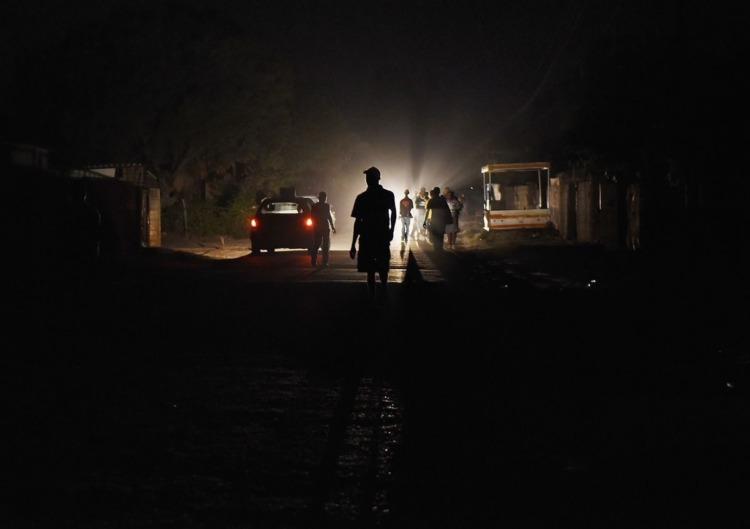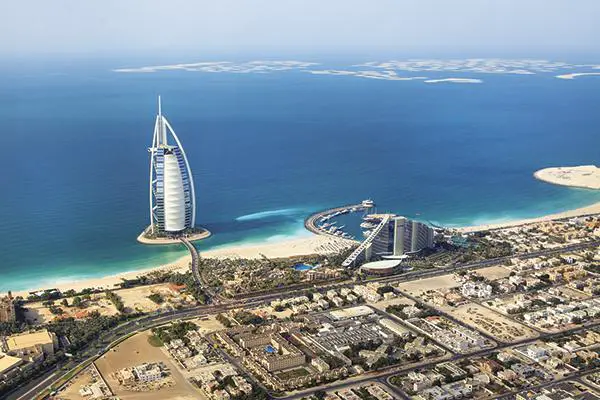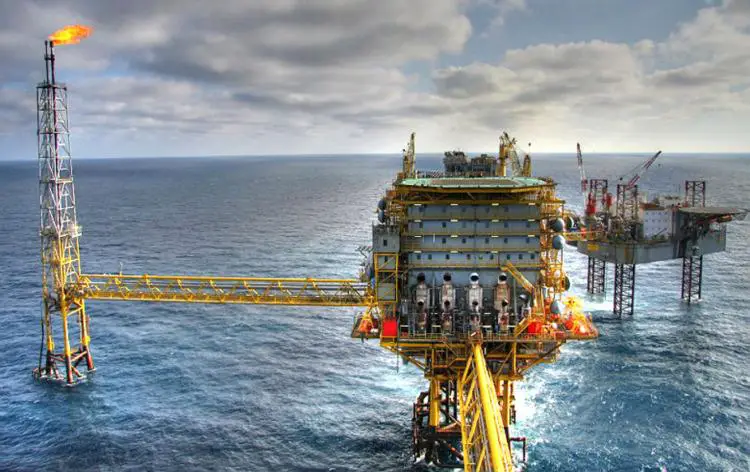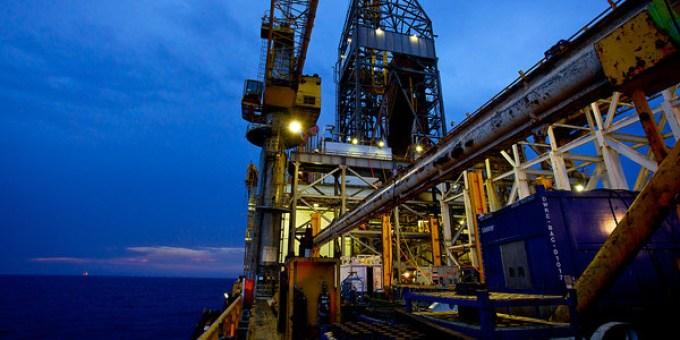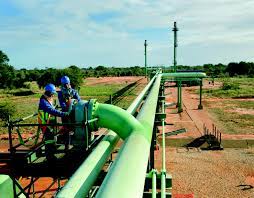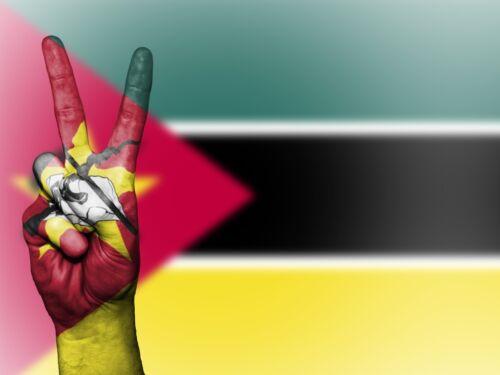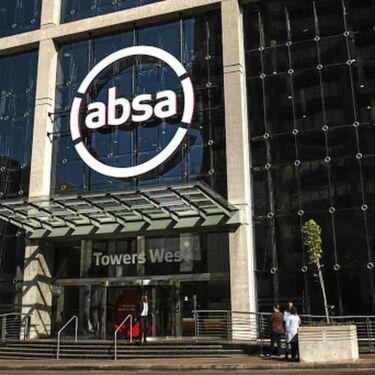- Kenyan Farmers Receive $2M Boost from Africa Fertiliser Financing Mechanism
- Brace for High Interest Rates for a Longer Period World Bank Warns Kenya
- Kenya-Ethiopia Trade Relations: Legislators Advocate for Policy Alignment to Boost Ties
- Visualising the state of debt in Africa 2024
- Abu Dhabi radiates optimism as over 300 startups join AIM Congress 2024
- TLcom Capital Raises $154 million in Funding to Boost Its African Growth
- Africa’s $824Bn debt, resource-backed opaque loans slowing growth — AfDB
- LB Investment brings $1.2 trillion portfolio display to AIM Congress spotlight
Browsing: Mozambique
At the just-concluded COP26, Africa received the short end of the stick yet again as the negotiations veered off permanent and workable solutions for the continent’s present predicament.
The deliberations from the Glasgow event show that Africa has no option but to finance its adaptation with or without the biggest polluters’ US$100 billion commitment.
Africa has to become innovative to mobilize financing with or without the pledges from the rich countries. The funding, which was due in 2020, has been pushed back to 2023 showing the lethargy the rest of the world has in addressing the real and current threat facing Africa. …
Given that South Africa is experiencing similar power generation problems, Robertson believes that if Zimbabwe does not overcome its power difficulties, this will impede economic growth in 2021.
The mining and industrial industries will almost certainly curtail output.
Tax and export income will decline, as will employment growth. This is unfortunate because Zimbabwe wouldn’t be going through all this pain if it had started constructing new power plants earlier.…
The two days much anticipated Global Business Forum Africa that will take place at Dubai Exhibition Centre, Expo 2020 Dubai in October continues to bring African leaders together to partake in the most Impactful session promoted by the UAE’s Dubai, a forward thinking capital and strategic partner thats capable of driving Africa’s transformation.
Heads of state, plus more than 30 ministers, high-ranking government officials and prominent influential business leaders from Africa have already confirmed their attendance in the sixth edition of the Global Business Forum Africa (GBF Africa), which will take place on October 13-14, 2021, at Dubai Exhibition Centre, Expo 2020 Dubai.
This event has been organised by the Dubai Chamber in partnership with Expo 2020 Dubai under the theme “Transformation Through Trade”.
The high-level event is being held under the patronage of His Highness Sheikh Mohammed bin Rashid Al Maktoum, Vice President and Prime Minister of the UAE …
Foreign oil majors have taken a recent interest in Mozambique, but the new facilities are facing challenges beyond the usual social and environmental risks associated with such projects. An Islamic State-aligned insurgency group has attacked Total’s record-breaking investment in the area, raising questions about energy and personal security in the country.
In recent years, Mozambique’s Cabo Delgado province has shot to the forefront of the global oil and gas sector. Discoveries made by US energy firm Anadarko and Italian company ENIhas revealed that more than 2.4 trillion cubic metres of gas off the country’s eastern coast, have attracted the attention of some of the world’s largest oil companies, with Shell, BP, and the China National Petroleum Corporation (CNPC) all making moves in the area.
However, the discovery has come at a cost, with local people displaced by the sudden influx of large-scale industrial operations and the usual concerns over environmental …
In a country with a population of 32.2 million, its Foreign direct investment (FDI) in the South Africa Nation has been in decline since 2013 due to political uncertainty and falling commodity prices. However, the fact that inward investment has remained steady throughout the Covid-19 Crisis, coupled with the country’s abundance of liquefied natural gas (LNG), demonstrates potential for increased inflows going forward.
Mozambique Offshore Finds
Mozambique’s offshore natural gas discoveries in the Rovuma basin since 2009 have been nothing short of prolific. It has changed the fortunes of one of the world’s least-developed countries
They are now valued at approximately 50 times the country’s gross domestic product (GDP).
While these gas fields are still under development, data from fDIMarkets– a branch of the Financial Times Group that collects and tracks FDI projects around the world – suggest that foreign companies moved in right after the first discovery in …
The Southern African Development Community (SADC) Extraordinary Summit has approved the mandate to deploy the regional standby force to Mozambique.
The country which is hosting the meeting is battling terrorism and insurgents in the northern region of Cabo Delgado.
The 16-member bloc has been grappling with how to respond to the conflict in which thousands have been killed since 2017.
The insurgency, led by an Islamist group known as the Sunnar (popularly known locally as Al-Shabaab), has destabilized the region since October 2017. Its strength has grown tremendously since last year. In October it made a daring raid on one of the major towns in the north, Mocimbao da Praia. And then in March this year it targeted foreign contract workers, including South Africans.
After months of deliberations and disagreements on what would be the best response to the instability and terrorism in the region- a decision to deploy forces …
Remittance flows to the Middle East and North Africa (MENA) region increased by 2.3 per cent to record about $5.6 billion in 2020 according to a report by World Bank.
The press release from World Bank noted that strong remittance flows to Morocco and Egypt strongly contributed to the growth.
In 2020, flows to Morocco rose to 6.5 per cent while flows to Egypt rose by 11 percent to record a high of nearly $20 billion. Tunisia also recorded an increase of 2.5 per cent.
According to the statement, other economies in the region experienced losses in the same period such as Iraq, Lebanon, Djibouti and Jordan which led to a double-digit decline.
With weak outflows from the Gulf Cooperation Council (GCC) countries and moderate growth in the Euro area, remittances are likely to grow in 2021 by 2.6 percent.
In the fourth quarter of 2020 the cost of sending …
In 2013, Rio Tinto had to write down its Mozambican assets by US$3 billion as a result of failure to transport its coal to port for export. The company had invested huge sums of money based on assumptions of vast coking coal reserves that it would export. Upon the insurgence of extremist rebel groups, with escalating violent activities, the rail network was disrupted and there were increased security risks for normal operations to continue.
The company suffered great loss as it failed to recoup its capital outlay and eventually failed to continue its operations. The high-security risks at a time when investment capital is yet to be recouped, have the potential to turn away more foreign capital injections in the gas-rich country. …
African economies thrive on an abundance of natural resources. However, the financial resources needed to exploit these resources remain a major constraint in Africa. Foreign direct investments are playing a critical role in filling the capital gap in Africa as most governments run on budget deficits.
Mozambique, a new investment hub, is booming with capital inflows in its energy sector. With its abundant natural gas resources, the country has positioned itself as a dominant energy investment hub in Southern Africa.
The Prospects
Massive natural gas reserves
Mozambique has a lot of proven natural gas reserves. It ranks 14th in the world in terms of its reserves. However, production for this energy resource is still very low as well as local consumption. This is a result of poor infrastructure development to extract the resource and also proving that the sector is still in its infancy stages. There is increasing interest …
Absa group in a shocking decision move closed down Absa Money Market Fund (AMMF), worth around $5,623,236,000. But according to the Prudential Authority [PA], they had no concerns regarding the group’s decision after its long engagements with the bank since last year.
The bank’s official line is that its decision to close the fund was based on an independent review that found clients believed investments in the fund enjoyed the same safety guarantees as cash held in a bank account. This was partly due to the fund’s rather unusual integration into Absa’s banking system as it allowed investors to make withdrawals from the fund directly from ATMs not a typical feature of most unit trusts.
The South African Reserve Bank (SARB) said the Prudential Authority (PA) had a number of engagements with Absa Group (AGL) during the course of 2020 and 2021 on the proposed closure of the Absa Money …
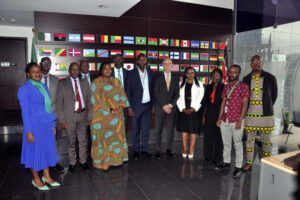
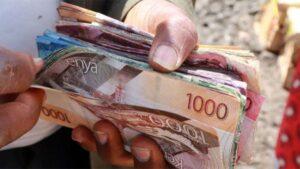



![In climate change mitigation, Africa is largely on its own A timber yard in Cameroon. Kenya will host GLF in August boosting the country's timber industry. [Photo/CIFOR Forests News]](https://theexchange.africa/wp-content/uploads/2018/08/Timber_Yard_-CIFOR-Forests-News1-1024x436.jpg)
